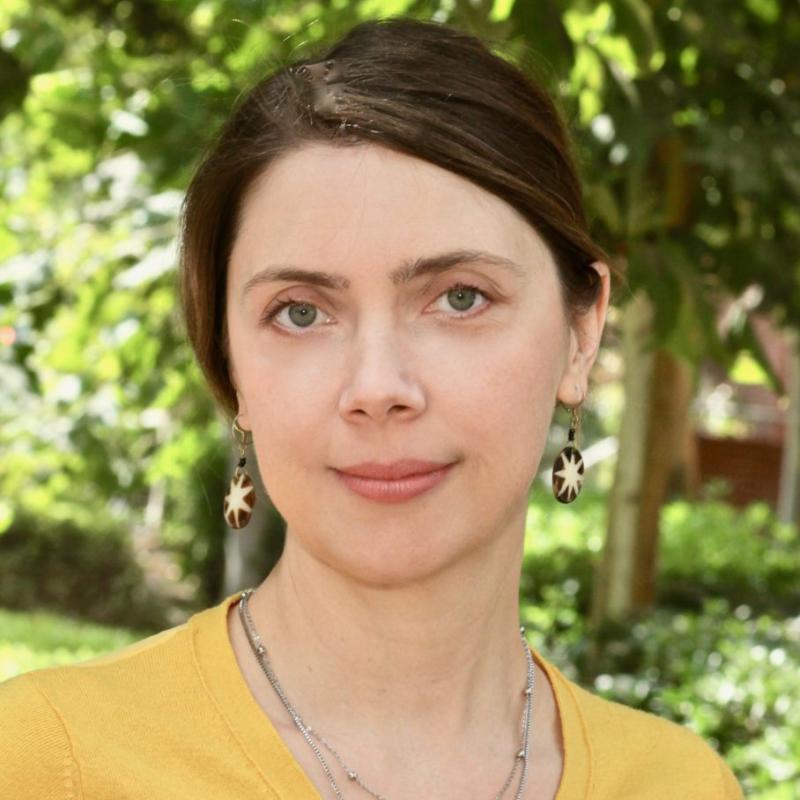Even in dark times, we cannot relinquish the things that make us human.
– Khan, Metro 2033
I don’t need a weapon; my friends are my power!
– Sora, Kingdom Hearts
Isolation. Something we all have undoubtedly felt during the pandemic. Inclusion, connection, and belonging. Experiences that technology has facilitated during the pandemic. COVID has created a window (literally for us, a zoom window) that we are all navigating together, and the space we are sharing in this navigation is technology. Issues like exclusion, isolation, and discrimination based on race, gender, and sexuality feel especially heightened during the challenging times we find ourselves in. How might technology ameliorate these systemic problems in our society?
For our third Polymathic Pizza session on the enduring values of emerging technologies, Professors Gordon Bellamy and Christina Dunbar-Hester will discuss their research on these pressing issues within their specialized areas of technology—game design and technology communities. As a Black, gay man, Bellamy says, “games provide a space of equity, when I get to be who I am in my entirety—without the pre-roles of navigating race, gender, identity, socio-economic, and so on.” Bellamy employs taxonomies such as KPI (key performance indexes) to explain how he sees the world and serves as a framework for conversation around issues of inclusion, community, and agency. Dunbar-Hester recognizes that within the well-meaning volunteer world of hackerspace communities, beyond the sway of human resource departments and equal opportunity legislation, members of underrepresented groups still face unique challenges. “Few women participate in it. Rates of involvement by technologically skilled women are drastically lower in hacking communities than in industry and academia,” Dunbar-Hester maintains. Her work “reframes questions of diversity and advocacy to consider what interventions might appropriately broaden inclusion and participation in the hacking world and beyond.” Both scholars see the promises of tech spaces to foster inclusion and expand diversity—in other words, for connecting humans.

